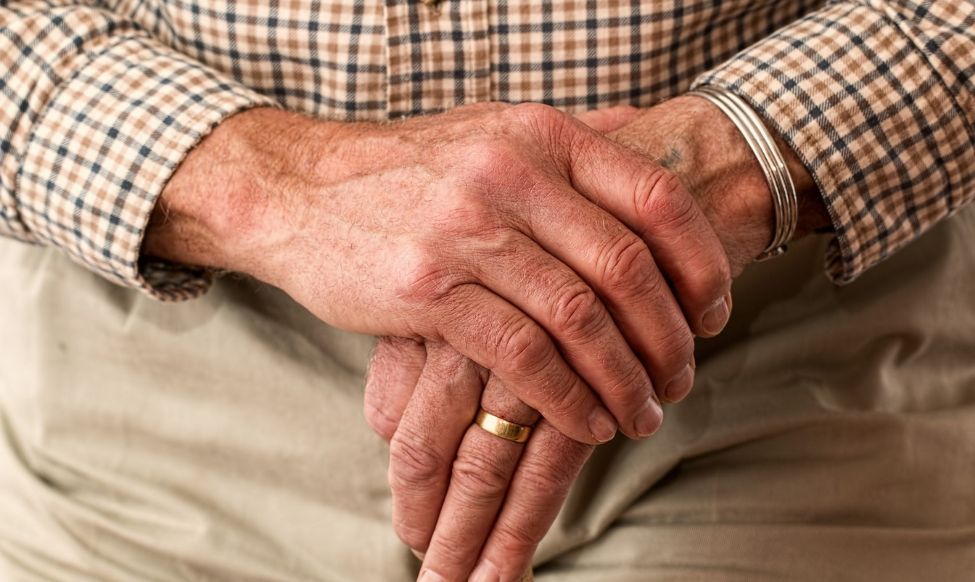Most people go around and take care of their everyday business without ever realizing how independent they are. Only when you have trouble doing something do you realize that you used to do it before. For a younger person, this can come when you injure yourself and may have limited use of an arm or a leg. Unfortunately, this also comes with age.
Often times we see a friend or family member that has trouble doing things that they’ve always done. These things are usually called the Activities of Daily Living (ADLs).
Most ADLs are basic self‑care tasks that you learn as a child such as bathing, dressing, or eating. Don’t confuse them with Instrumental Activities of Daily Living (IADLs), which are similar but are actually more complex skills.
IADLs are skills you need to live independently without some type of assistance. You tend to learn these IADL skills a little later in life, such as in your teens. They include things like using the phone, understanding and managing finances, managing medications, food shopping, cooking, and housekeeping.
People diagnosed with Alzheimer’s disease or dementia normally have trouble with IADLs and often require some type of companion care. Companions do not “touch the client” and therefore do not normally need any special type of licensing.
ADLs are different. These affect the ability for someone to independently care for themselves. Normally, for someone to trigger their Long Term Care (LTC) Insurance or obtain Community Care Medicaid, a nurse must first conduct an evaluation to determine the level of assistance needed to carry out these ADLs. The more assistance that is needed, the more care the insurance or Medicaid will cover.
Only six ADLs are recognized. They are:
- Toileting: Getting on and off the toilet
- Continence: Controlling your bladder and bowel functions
- Bathing: Cleaning and grooming activities such as showering, shaving, and brushing teeth
- Dressing: Getting dressed by yourself without having trouble with zippers and buttons
- Eating: Feeding yourself without much difficulty
- Transferring: Walking or moving from a wheelchair to a bed and back again
Because assistance with these functions requires the person to be “touched,” in New York it requires the aide to have some training and the home care agency to be certified.
The Medicaid program will not typically pay for companion care where only the person’s IADLs have been affected. You will have to show that your loved one needs assistance with the ADLs. Depending on the particular LTC insurance, you may be able to get some assistance with the IADLs, along with the ADLs.
For assistance with applying for Community Care Medicaid or for questions regarding your loved one’s long-term care insurance, please contact us.

